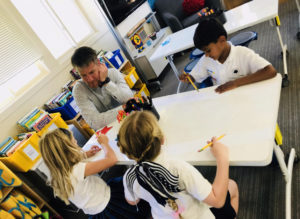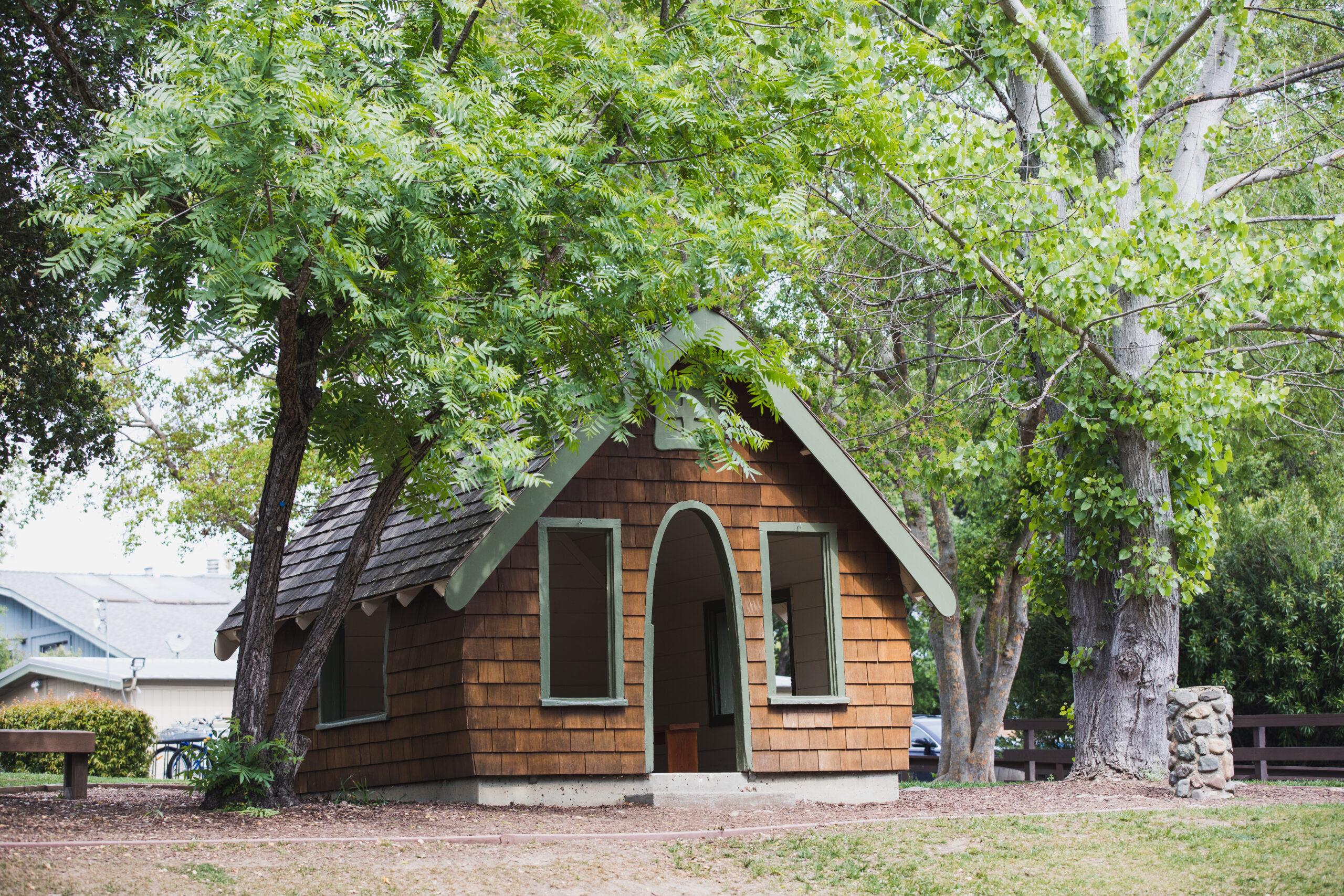 Last year during the Student Council election speeches, eventual co-Head Robert Atlass described what he loved about Hillbrook. “I have been at Hillbrook since 5th grade and in the last three years, I have absolutely fallen in love with this wonderful school. Having been at other private schools there is no other school that empowers students the way Hillbrook does…. Hillbrook listens to students’ voices and then actually takes action.”
Last year during the Student Council election speeches, eventual co-Head Robert Atlass described what he loved about Hillbrook. “I have been at Hillbrook since 5th grade and in the last three years, I have absolutely fallen in love with this wonderful school. Having been at other private schools there is no other school that empowers students the way Hillbrook does…. Hillbrook listens to students’ voices and then actually takes action.”
Robert affirmed that, at least for him, we have delivered on what we aspire to do–create a culture in which students are allowed and expected to be co-creators of their own experience. At Hillbrook, student agency is not just an abstract concept; it is something that is lived each and every day on campus.
I think about the importance of developing a culture which emphasizes student agency a lot, particularly as I read time and again about two interrelated phenomena: The growing rates of anxiety and depression among high school and college students, and the increasing recognition among top colleges that far too many of their students do not possess the life skills needed to be successful in college and beyond. Colleges consistently describe top-tier students with lengthy lists of academic and co-curricular accomplishments, yet these same students are incapable of managing their own lives. Once they leave the tightly controlled world their parents and high schools have constructed around them, they fall apart. They are really good at the game of school, and yet they are not at all prepared for life.
So what can we, as a community of adults, do about it?
As a school, we are doing our best to provide a learning experience that is rich with opportunities for collaborative problem solving and independent thinking. This has always been at the heart of the Hillbrook experience, and it reflects more than anything the belief held by the adults at school that children, even at the youngest ages, are people–albeit smaller people–that are fully capable of being thinkers, creators, writers, mathematicians, artists, social entrepreneurs, and scientists. They don’t need to wait to grow up to become something, rather they–like all of us from 4 to 104–are always in the process of becoming the best version of ourselves.
In addition, over the past few years, we have expanded our efforts to nurture agency with the implementation of a new schedule that balances skill building and real-world, problem-based, interdisciplinary learning, including innovative new structures like our weekly Reach Beyond Blocks and the launch of the Scott Center for Social Entrepreneurship.
Of course, as a parent, I’m mindful that developing and nurturing agency can’t only happen at school. A recent post by former Stanford Dean and bestselling author of How to Raise an Adult, Julie Lythcott Haims, resonated powerfully with me as I continue to wrestle with how I can support my own children in developing agency and independence. She experienced firsthand the challenges facing college students at Stanford, and she offers compelling advice that balances well, I think, with what we are trying to do as a school.
As she writes,
“We parents are the lucky humans given the humbling task of raising a child. We’re supposed to be alongside them, guiding them, giving them more and more room to try, learn, grow, persevere, achieve. But, these days, we can tend to get in the way, by micromanaging our kid’s path or by outright dragging them down it. We think we know what we’re doing—but we end up depriving them of developing self-efficacy. And that leads to anxiety and depression. So, we have to get our act together. We have to get out of our kid’s way so they can develop the skills and smarts they’ll need in order to thrive as adults.”
I encourage you to read her short post (and, even better, to read her book!), but here are a few things in particular that struck me in her recent piece.
First, she reminds us that our goal as parents is to teach children to do things on their own, recognizing that you start by doing it for them, then you do it with them, then you watch them do it, and, finally, they do it on their own. It can start as early as JK or K when you allow your child to help you pack their bag and then carry it to school. It may take longer in the short term, but it will pay dividends for them–and you–in the long run. She also mentions the importance of chores. She notes that “the longest study of humans ever conducted shows that those who were professionally successful in life did chores as a kid (or had a part time job in high school).”
Second, she exhorts us to stop saying “we” when talking about our children’s lives. “We” are not on the soccer team, it is not “our” homework, and, most notably, “we” did not get into ______ college. Our child did.
And, third, she reminds us that our children need unconditional love. If we are always focusing on what they are doing and what they are accomplishing (or not accomplishing), she cautions, we can lose sight of the importance of reminding them that we love them for who they are.
I received another email recently from a parent who is new to Hillbrook. She shared that her children are settling in nicely and, in particular noted, “They are gaining a new sense of independence and confidence that I credit to Hillbrook. I see them getting opportunities to make choice, make mistakes, and take responsibility for their actions. [Their previous] schools, for all their efforts, hadn’t quite mastered that and I’m seeing them bloom with this extra space (both figuratively and literally).”
While I know we do not get everything right as a school, comments like this one suggest that we are at least on the right path. Raising and educating children is a journey, and one that I feel so privileged to be part of as both a parent for my three children and as the Head of School for the hundreds of students who attend our school each year.
